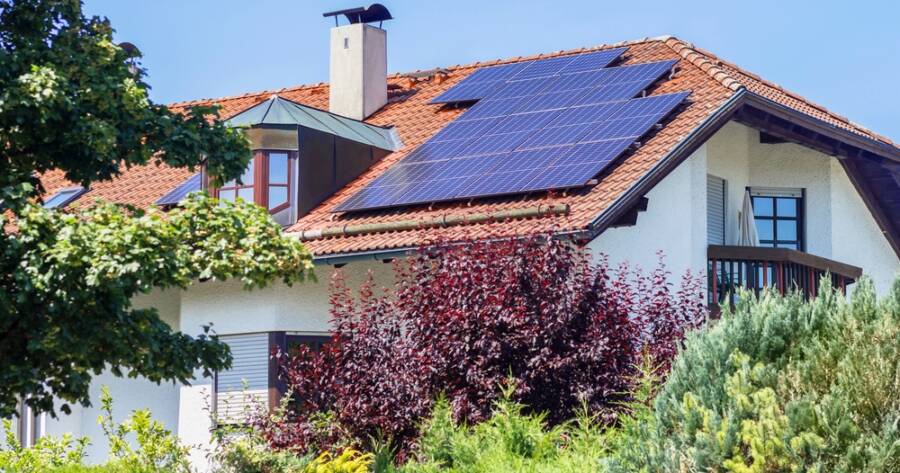The switch to solar energy offers a blend of environmental sustainability and strategic financial benefits. By harnessing a renewable energy source, solar panels reduce reliance on fossil fuels and significantly lower electricity bills. Despite initial costs, long-term savings and value enhancements are substantial, further boosted by federal and state incentives. Solar systems promise minimal maintenance and impressive longevity, while considerations like installation costs and geographic factors require careful evaluation and planning for optimal investment returns.
Benefits of Solar Energy
Switching to solar energy is not just a decision for environmental sustainability, but also a strategic financial move. Solar panels harness a renewable energy source, reducing reliance on fossil fuels and cutting down on harmful environmental byproducts associated with traditional energy sources (Forbes). Implementing solar energy significantly diminishes electricity bills, enabling households and businesses to generate their own power, which reduces dependency on grid-purchased electricity, translating to substantial savings (GreenMatch).
Financial Incentives and Costs
The initial investment in solar panels might seem daunting with system costs averaging around $18,000, according to industry studies. However, the long-term financial benefits often outweigh the upfront costs. Homeowners may avail significant long-term savings on their electric bills, with the potential to completely offset them based on their energy usage and panel efficiency (CNET). Additionally, solar installations usually enhance home values by approximately $15,000, as per research from the US Department of Energy’s Lawrence Berkeley National Laboratory (Investopedia). With federal and state incentives like a 30% federal tax credit and possible state grants or rebates, solar panels are increasingly becoming financially attractive.
Sustainable and Clean Energy
Solar panels offer environmentally friendly solutions by lowering one’s carbon footprint and reducing dependency on fossil fuels. They empower households to reduce reliance on the national grid, promoting environmental sustainability with carbon-free energy production (GreenMatch). The emissions associated with manufacturing solar panels are substantially lower over their lifetime compared to traditional fossil fuels, thus aiding in curbing greenhouse gas emissions (CNET).
Maintenance and Longevity
Once installed, solar systems require minimal maintenance. They mainly need periodic cleaning and inspection, with high durability, as manufacturers typically offer warranties spanning 20-25 years (GreenMatch). Improved solar technologies further increase efficiency and affordability, promising greater returns on investment over time.
Considerations and Constraints
Despite the clear advantages, prospective solar users must consider various factors such as installation costs, payback periods, and geographic limitations. The efficiency of solar panels and the period required to recoup investments are greatly influenced by factors like roof orientation, sunlight availability, and local net metering policies (CNET). While there are initial high upfront costs, different financing options, including home equity loans and solar power purchase agreements (PPAs), provide accessibility for homeowners with varied financial backgrounds (Investopedia).
Why You Should Learn More About Solar Panel Installation Today
Exploring the transition to solar energy is not only beneficial for individual cost savings and energy independence but also contributes positively towards a sustainable future. With current financial incentives and evolving technologies, the switch to solar energy becomes increasingly feasible and rewarding. Considering professional guidance for installation and financing can help overcome challenges related to initial costs and site-specific installations, ensuring the best use of available resources. As solar energy continues to evolve and integrate more deeply into everyday life, understanding its full potential can pave the way for both individual and community-wide benefits, making it an excellent investment choice.
Sources
Explore the many benefits of solar energy through this Forbes article
Discover insights on the pros and cons of solar energy with GreenMatch
Evaluate if solar panels are right for you, discussed by CNET
Find financing details for solar energy solutions on Investopedia

